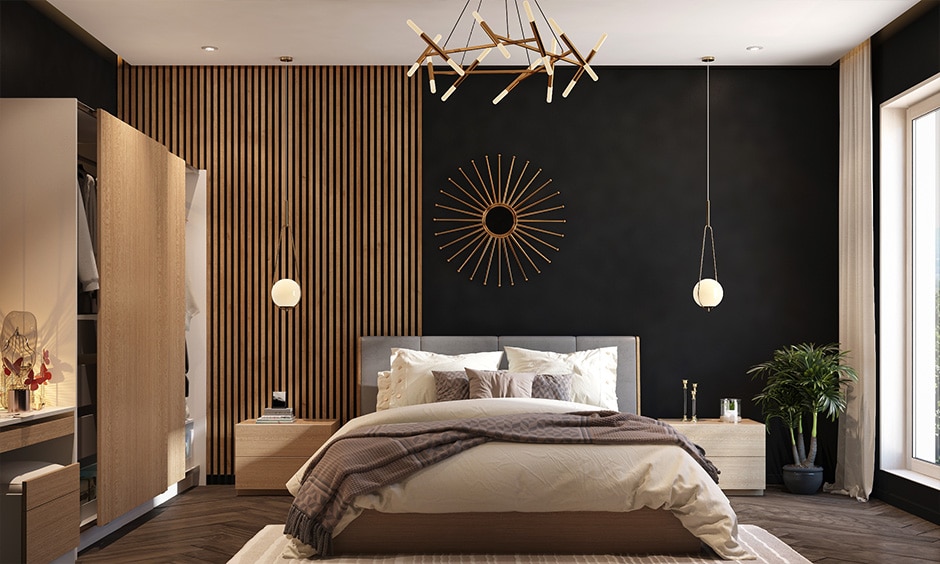In the realm of interior design, the quest for versatile and aesthetically pleasing wall solutions has led to the rise of PVC wall panels. This innovative material not only offers practical benefits but also adds a touch of style to various spaces. In this article, we’ll explore the world of PVC wall panels, delving into their features, advantages, and creative applications that make them an increasingly popular choice for modern interiors.
What are PVC Wall Panels?
PVC, or polyvinyl chloride, wall panels are lightweight, durable, and versatile panels designed for wall cladding. These panels are typically made from a high-quality PVC resin, offering a cost-effective alternative to traditional wall materials like wood, plaster, or tiles. The manufacturing process ensures that PVC wall panels are resistant to moisture, making them suitable for a wide range of applications in residential, commercial, and industrial settings.
Advantages of PVC Wall Panels:
Water-Resistance: One of the primary advantages of PVC walls panels is their water resistance. This makes them an ideal choice for moisture-prone areas, such as kitchens and bathrooms. Unlike traditional materials, PVC panels are not susceptible to water damage, making them a practical and long-lasting solution.
Low Maintenance: PVC wall panels are low-maintenance and easy to clean. Their smooth surface prevents the accumulation of dust and grime, and a simple wipe with a damp cloth is usually sufficient to keep them looking fresh. This makes them a time-saving and hassle-free option for busy households.
Durability: PVC wall panel are known for their durability. They are resistant to scratches, dents, and impact, ensuring that they maintain their appearance over time. This durability makes them particularly suitable for high-traffic areas where walls may be subject to wear and tear.
Easy Installation: Installing PVC wall panel is a straightforward process that doesn’t require specialized skills. The panels often come with a tongue-and-groove system, allowing for easy interlocking during installation. This simplicity makes them a popular choice for DIY enthusiasts and professionals alike.
Versatility in Design: PVC wall panel are available in a wide range of designs, colors, and textures. Whether you prefer a sleek and modern look, a classic aesthetic, or a textured finish that mimics natural materials, there is a PVC panel design to suit every taste. This versatility allows for creative expression and customization in interior design.
Creative Applications:
Feature Walls: Use PVC wall panels to create striking feature walls in living rooms, bedrooms, or commercial spaces. The diverse range of designs allows you to make a bold statement or add subtle texture to enhance the overall ambiance.
Kitchen Backsplashes: Due to their water-resistant properties, PVC wall panels are an excellent choice for kitchen backsplashes. They protect the walls from splashes and spills and contribute to the kitchen’s visual appeal.
Bathroom Cladding: Transform your bathroom with PVC walls panels that resist moisture, providing a practical and stylish alternative to traditional tiles. The ease of maintenance makes them particularly well-suited for this high-moisture environment.
Commercial Spaces: From retail shops to offices, PVC walls panels find applications in various commercial settings. Their durability, easy maintenance, and aesthetic appeal make them a practical choice for businesses looking to enhance their interior spaces.
Environmental Considerations:
PVC walls panels have also evolved in response to environmental concerns. Many manufacturers now produce eco-friendly PVC panels that are recyclable and made from sustainable materials. Choosing these environmentally conscious options allows consumers to enjoy the benefits of PVC panels while minimizing their ecological footprint.
Cost-Effective Solution:
Compared to traditional wall materials, PVC walls panels offer a cost-effective solution. Not only are the panels themselves often more affordable, but the ease of installation also reduces labor costs, making them a budget-friendly choice for those looking to upgrade their interiors without breaking the bank.
Conclusion:
PVC wall panels have emerged as a practical and stylish solution for modern interior design. Their water resistance, durability, ease of installation, and versatility in design make them a popular choice for homeowners and businesses alike. Whether used as an accent in a residential space or as a functional cladding solution in commercial settings, PVC wall panel prove that practicality and aesthetics can coexist seamlessly, offering a transformative option for those looking to redefine their interior spaces.

